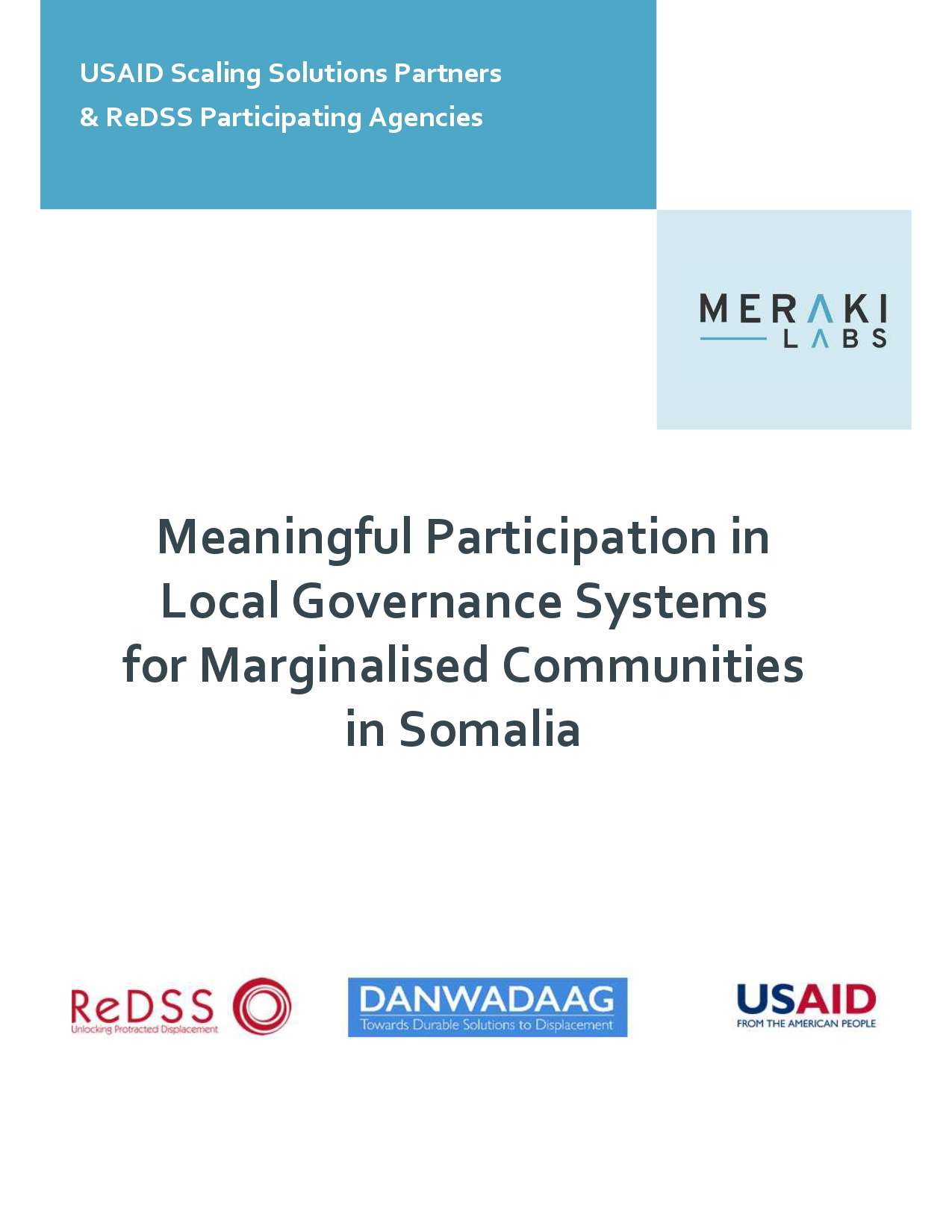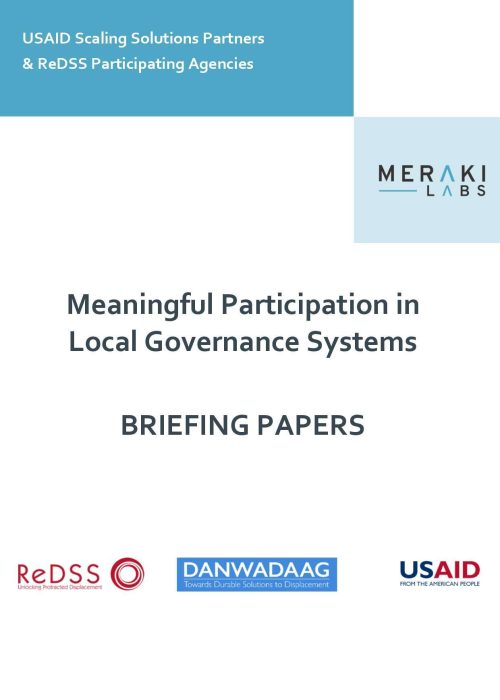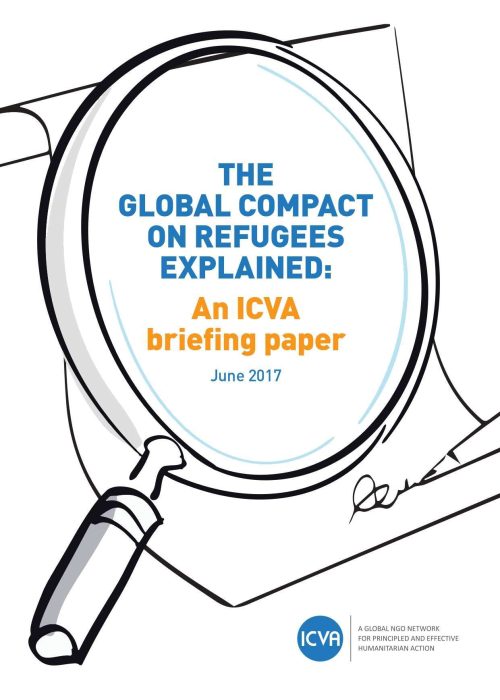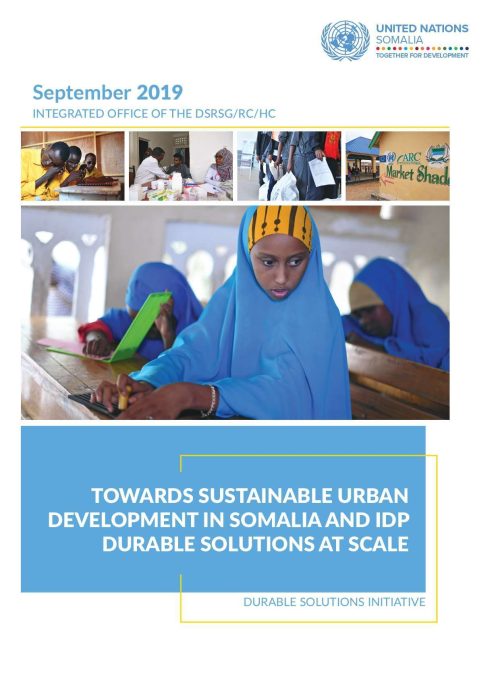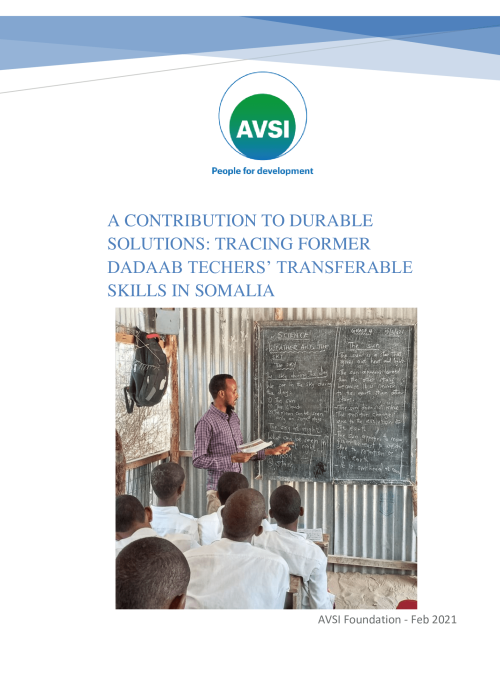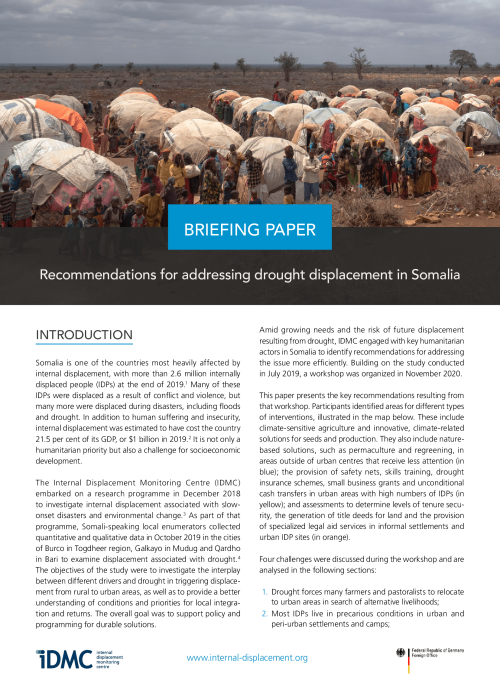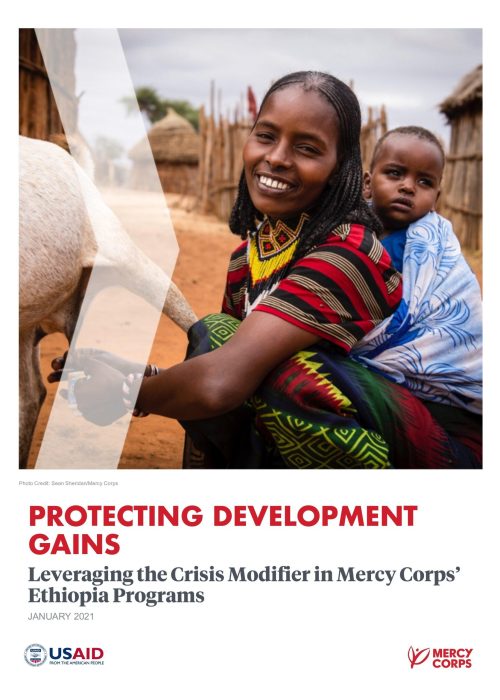This research brief explores the challenges marginalized communities in Somalia face in participating in local governance. It examines social and political barriers, particularly for internally displaced people and minority clans. The brief highlights the need for willingness and resources for meaningful participation, and the limitations of external actors in influencing these complex systems.
It proposes a model for inclusion that involves forums for marginalized groups and representatives from various social structures. Incentives and resources are seen as crucial for effective participation. The brief also acknowledges the difficulty of achieving inclusion due to security concerns, clan structures, and competition for resources and provides recommendations for action for different stakeholders.
